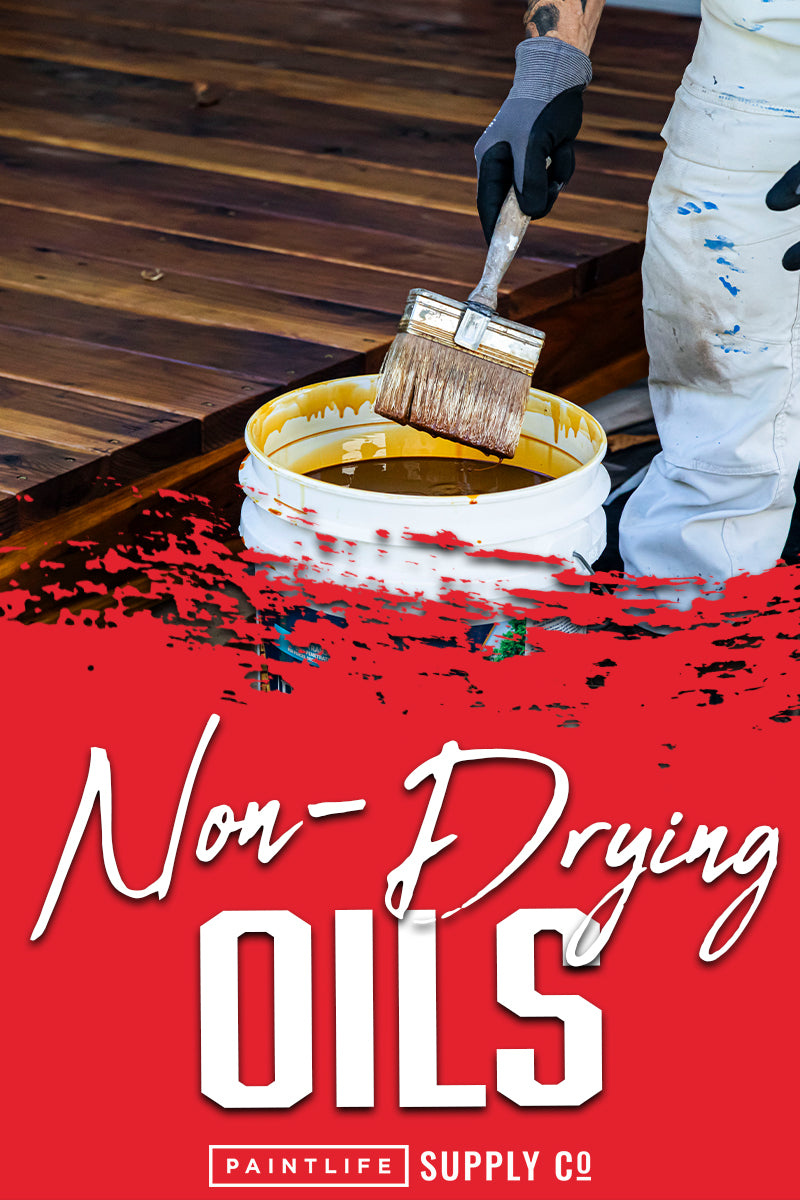
Non-Drying Oils
From a Paint and Stain Chemist with 30 years of formulation experience here. Nerd Alert!
The Good - As Chris says, Non-Drying Oils like this (Expert Stain & Seal non-drying and self leveling oil) really are easy to use (no drying out or lap marks) and are easy to clean with a quick solvent rinse or very soapy water.
I like to say that Non-Drying Oils can work +great+ for fences and shingles. Decks are hit and miss IMHO, as color and oil from a freshly stained deck can transfer to carpets... So be careful! While Non-Drying Oils don't generally last longer than a year or two, they are EASY to reapply when needed.
The Bad? - It's important to know where NOT to use a Non-Drying Oil stain. Using Non-Drying Oils stains anywhere that might need future sealing with caulks or sealants should be avoided, as caulking type products won't stick well to the oily surface. A rule of thumb: Does water need to be kept out? Then don't use a Non-Drying Oil stain. For example, using Non-Drying Oils around doors and windows and on siding is iffy; it might be OK only if there is house wrap under the boards, but be aware that it makes any future sealing questionable. Some Non-Drying Oil Manufacturers will claim that you can seal first and then stain, but the oils generally soften the sealants, leading to failure anyway. Sealant Manufacturers will straight up say that Non-Drying Oils are simply incompatible with their sealants. Believe them!
Another consideration is that using a Non-Drying Oil often locks that structure into always using Non-Drying Oils in the future, as water-based stains often won't stick to wood that has had Non-Drying Oils on it.
The Ugly! As an extreme example: Log homes often have over 5000 linear feet of joints that often need sealing - either when built or sometime later in the home's life. Even on "chinkless" homes, when a leak occurs, sealing is often the only answer. Failures abound when incompatible stains and sealants are used together. It's a recipe for leaks and lawsuits. (If you are a Contractor, protect your business by +only+ recommending compatible products!)
